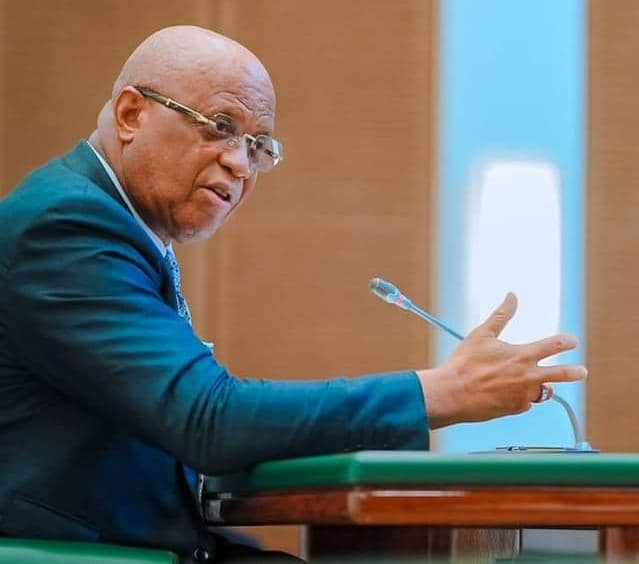ABUJA – The Federal Government of Nigeria has outlined a bold strategy to revitalize the country’s steel sector, calling on international development partners and donor agencies to support efforts aimed at industrial growth, economic diversification, and job creation.
Speaking at a high-level meeting in Abuja on Tuesday, the Minister of Steel Development, Prince Shuaibu Audu, described the steel industry as the backbone of Nigeria’s industrialization, stressing the need for repositioning the sector to reduce import dependence, boost local production, and attract foreign investment.
“Steel is a pillar of Nigeria’s industrial growth, urban development, and economic diversification under the Renewed Hope Agenda of President Bola Ahmed Tinubu. Our goal is to transform Nigeria’s steel sector into a globally competitive industry that fuels economic growth,” Audu stated.
The government’s revitalization plan prioritizes the rehabilitation and privatization of major steel assets, particularly the Ajaokuta Steel Company Limited (ASCL) and the National Iron Ore Mining Company (NIOMCO), to enhance local production and reduce reliance on steel imports.
“Our objective is to upgrade these institutions, ensuring they become robust engines of local production. This will generate valuable foreign exchange and create sustainable jobs,” the Minister said.
To ensure a steady supply of raw materials, the government is establishing Metallurgical Scrap Collation Centres across Nigeria’s six geopolitical zones and modernizing the Metallurgical Training Institute in Onitsha with augmented reality solutions and simulation technology.
“We are preparing our workforce for a technologically driven steel industry, ensuring Nigeria remains competitive in the global market,” Audu noted.
In addition, policy and regulatory reforms are underway, including the Metallurgical Industry Bill, which aims to create a legal framework to support investment, improve compliance, and ensure financial accountability in the sector.
“We are committed to instilling investor confidence by enhancing operational safety and regulatory oversight,” he assured.
Recognizing the capital-intensive nature of steel development, Audu urged international partners to support Nigeria’s vision through: Financial investments in steel infrastructure; Technical expertise and capacity development; and Support for regulatory and trade reforms.
“Your partnership is essential for bridging the gap between our vision and practical implementation. Together, we can build a legacy of sustainable development, job creation, and industrial innovation,” he appealed.
To boost Nigeria’s presence in the global steel market, the government is also working on bilateral trade agreements and a new national communication strategy to position the country as a prime destination for steel investments and exports.
“By creating avenues for trade and investment, we are laying the groundwork for a vibrant market that meets local needs while expanding Nigeria’s footprint in the global steel industry,” Audu explained.
Reaffirming the government’s commitment to self-reliance and industrial innovation, Audu described the 2025 capital budget as a blueprint for transforming Nigeria into a global steel powerhouse.
“This is an industrial renaissance for Nigeria. By working together, we will create a thriving steel industry that not only fuels Nigeria’s economy but also secures a prosperous future for all,” he concluded.
With these ambitious reforms and international collaborations, Nigeria is poised to become a major player in Africa’s steel industry, unlocking new opportunities for economic expansion, industrialization, and job creation.




 6 days ago
18
6 days ago
18








 English (US) ·
English (US) ·